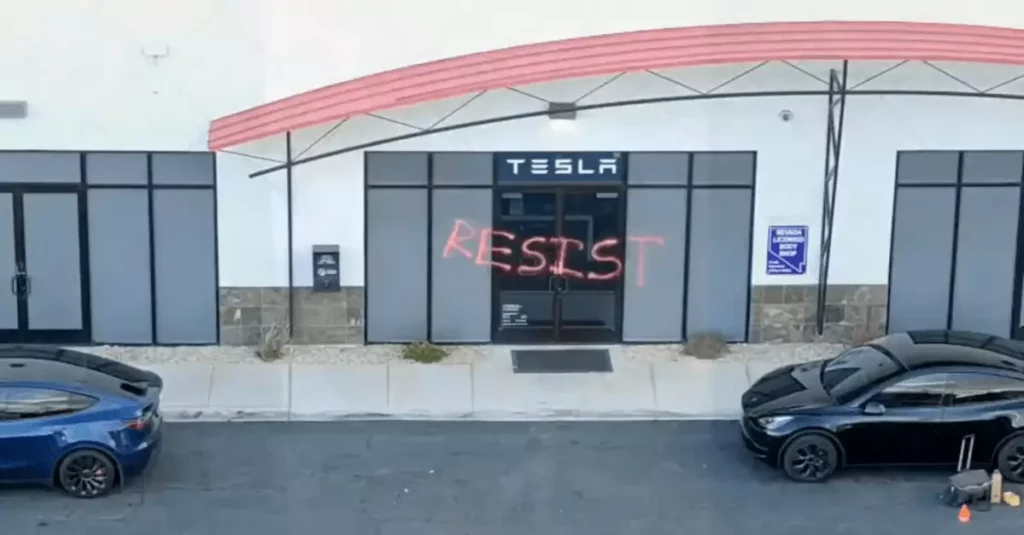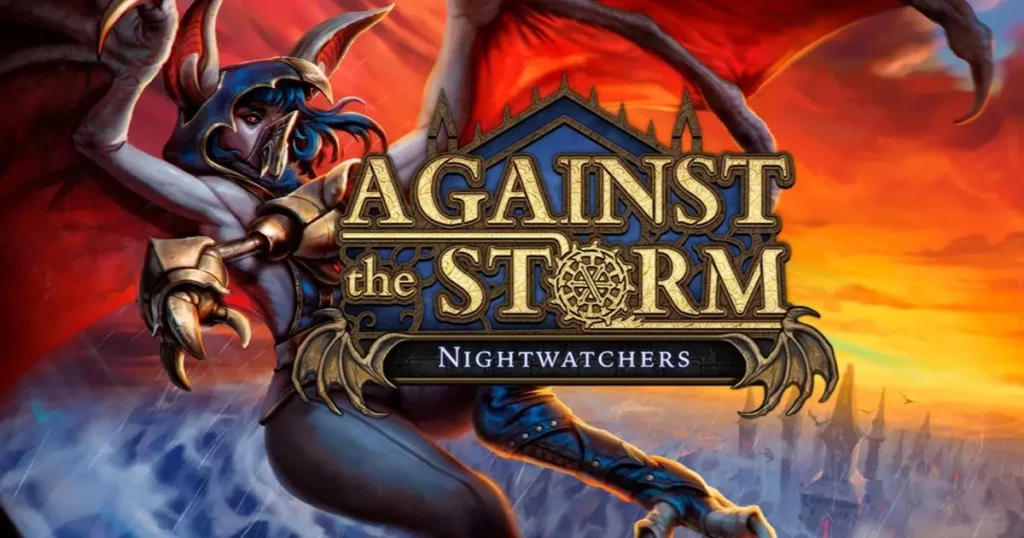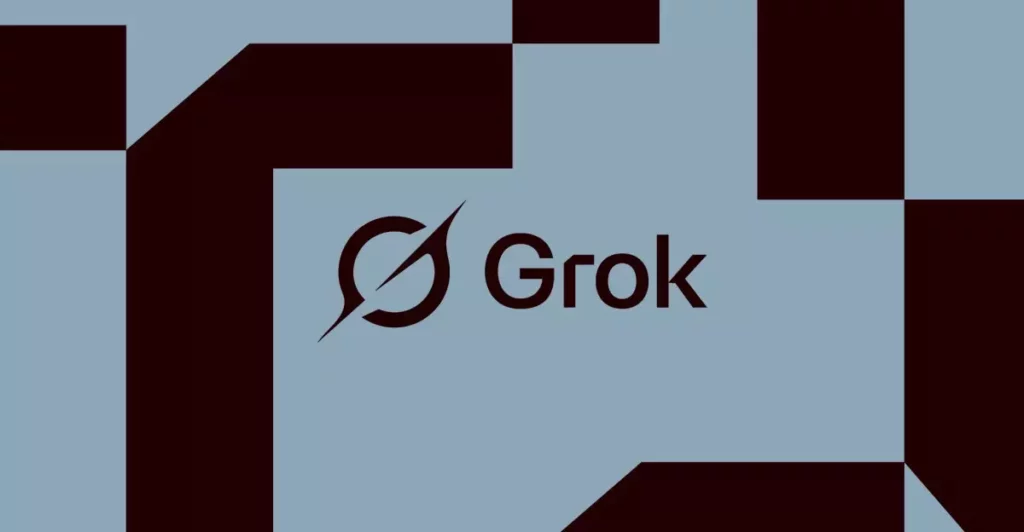In recent times, the escalation of vandalism targeting Tesla vehicles has shifted from isolated incidents to a concerning trend that merits serious attention. The pattern emerging from these attacks doesn’t merely illustrate rebellious behavior; rather, it signifies a possible organized campaign against a company that embodies the future of transportation. These incidents, which include arson and vandalism, paint a disturbing picture of societal unrest surrounding electric vehicles—a sector increasingly seen as contentious in a world still deeply entrenched in fossil fuels.
A particularly shocking incident occurred in Las Vegas, where masked vandals used Molotov cocktails, demonstrating a level of hostility that transcends typical vandalism. The ominous graffiti left at the scene, reading “resist,” serves as a chilling reminder that this is not just mindless violence but potentially a carefully orchestrated political statement against the rise of electric vehicles. This situation has drawn the FBI’s attention, indicating the need for a comprehensive understanding of the motivations behind these actions.
Not Just Acts of Hooliganism
The gravity of these events prompts us to reconsider our definitions of vandalism. Tesla CEO Elon Musk has taken an outspoken stance, referring to these incidents as acts of terrorism—an assertion that, while controversial, highlights the severity of the challenge facing those championing clean energy. His rhetoric amplifies the conversation around these events, suggesting that what we are observing is not merely random destruction but a broader ideological struggle against the implementation of sustainable alternatives to traditional vehicles.
The intensity of this situation is made clear by the actions of local fire departments striving to control blazes fueled by arson, often targeting battery-laden vehicles. Deputy Fire Chief Jennifer Wyatt noted the urgency with which her team managed to extinguish these fires, emphasizing the significant risks involved in the escalating conflict.
A National Challenge
The incidents reflect a growing divide in our society regarding transportation technologies and climate conscious policies. The troubling sabotage of Tesla vehicles in Kansas City, which began with a police officer observing smoke from a parked Cybertruck, reveals how quickly tensions can escalate into outright hostility. This undercurrent of dissent raises vital questions about the motivations behind these actions—is this merely a reaction to a perceived threat to traditional automobile industries, or does it stem from deeper cultural divisions surrounding climate change and renewable energy?
Such questions demand our attention, particularly as electric vehicles become more ubiquitous. The propensity for these crimes to cross state lines suggests that their cause might not simply be local angst but could resonate with broader sentiments found across the nation. Given the increasing momentum toward sustainability, one could argue that these acts serve as a litmus test for our collective commitment to a greener future.
Legal Implications and Cultural Context
If we dare categorize these acts as terrorism, it forces an examination of how our legal system interprets such behavior. Traditionally, the term “terrorism” has been reserved for those acts that are politically driven, but what if the underlying motivations are rooted in profound societal change? The shift towards electric vehicles isn’t just a technological evolution; it’s an ideological shift that brings with it a spectrum of responses—ranging from acceptance to outright rejection.
As the cultural narrative surrounding clean energy initiatives evolves, how we classify these actions may alter the prosecutorial landscape and public perception. If left unchecked, the backlash against electric vehicles could exacerbate existing divisions, deepening hostilities between those advocating for progress and those clinging to traditional paradigms.
Even beyond the realm of legality, these incidents illustrate the growing pains society experiences amid its transition toward sustainability. They serve as reminders that while progress is underway, it is frequently met with resistance, bringing to the forefront the cultural trials that underscore our shifting relationship with technology and innovation. The journey to a cleaner future is not without its challenges, and in this tumultuous landscape, acts of vandalism like those against Tesla vehicles will undeniably shape the dialogue on modern transportation for years to come.









Leave a Reply